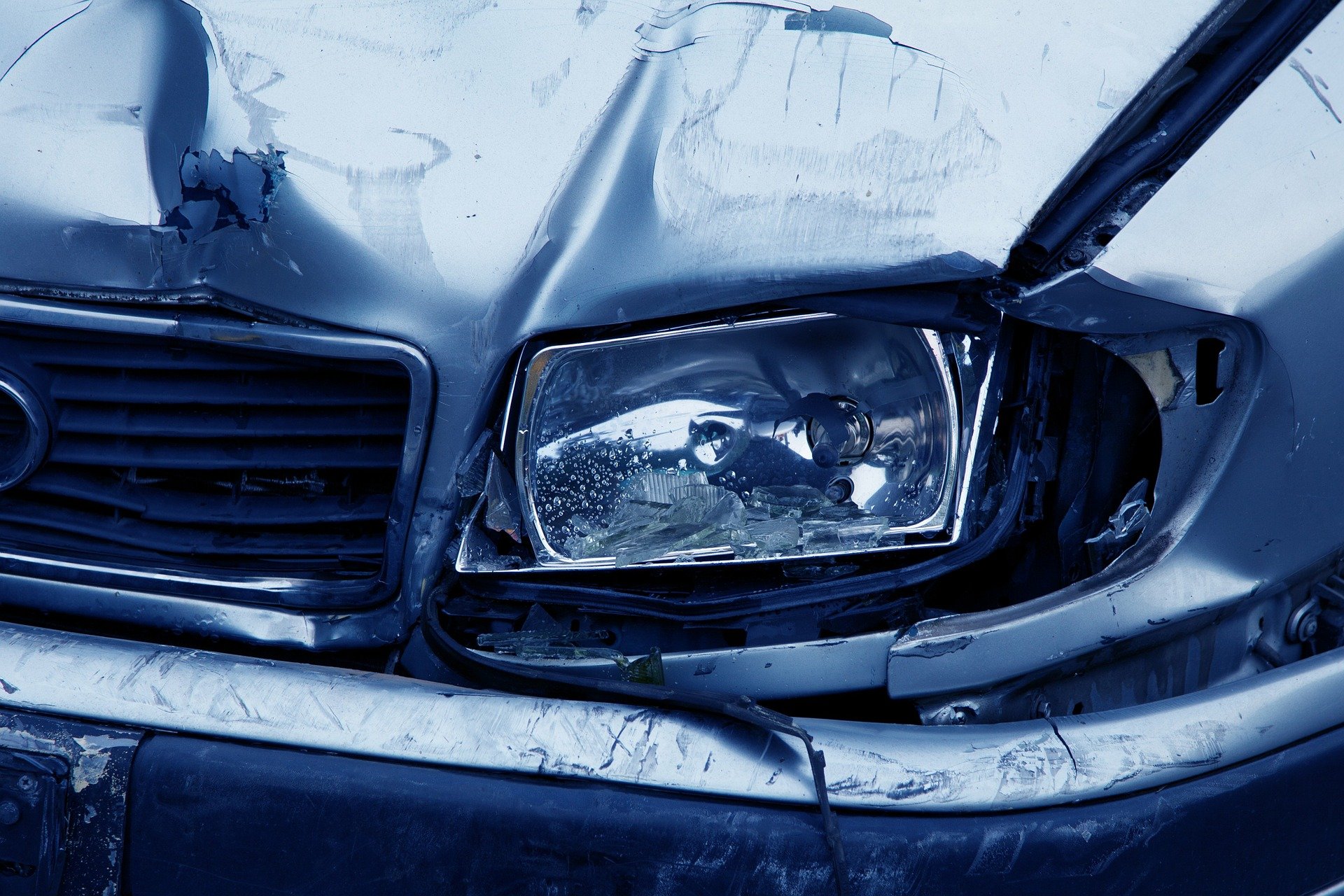
Below, Auto-Owners Insurance explains how the chip shortage and global supply chain issues are affecting your insurance, and provide some practical tips.
________________________________________
Spoiler alert: This article is not just a rant about how the ongoing chip shortage and global supply chain problems are affecting your insurance. We also included some practical tips because there’s enough stress in the world right now.
- Less spare parts may mean a longer repair process
- Your vehicle may be totaled from less damage than usual
- Finding a rental car is difficult
- What can you do?
1. Shortages in auto parts may mean a longer repair process
Between the chip shortage and the problems with the global supply chain, replacement parts for your vehicle may be harder to find. During the pandemic some manufacturers had to halt production of parts, which has created a shortage.
So, in the event your vehicle is damaged in an accident or needs something replaced, the repair time may be significantly longer. By extension, if your car is damaged in a covered loss, the overall process may take longer.
This is one of many reasons why it’s important to stay up to date with routine maintenance and to get your vehicle in for service quickly when an issue arises. And, as always, report your claim as soon as possible and provide all the requested documentation.
Read more: Insurance Claim: What It Is, How To Start and What Happens Next
2. Your vehicle may be totaled from less damage than usual
The significant increase in the cost to repair a vehicle, due to the low supply of replacement parts and increased labor rates right now, makes it easier for damages to exceed the value of a vehicle. This means that more vehicles than you would expect are being considered “totaled” even though the damages may not be severe.
This may leave you looking for a replacement or rental vehicle, which is no easy feat right now either.
Read more: You Just Got Into a Car Accident. Now What?
3. Finding a rental car is difficult
If your vehicle does end up needing repairs, your auto insurance may cover a rental car to use while your car is being fixed. However, rental cars are also scarce since less cars are being produced. So, if you find yourself in a position of needing a rental vehicle, be sure to reach out to rental companies as soon as you can and be open to the options available.
Read more: Car Insurance and Rental Cars: Everything You Need to Know
So, what can you do?
Besides being vigilant in avoiding car accidents and keeping up with routine maintenance, there are a few things to consider.
One, consider increasing your Rental Car coverage to the maximum amount possible.
This may help you squeeze more time out of your rental vehicle, which is helpful since repairs are taking longer.
Most people have a limit of around $30 a day with a maximum amount of $900. You can increase that to $50 a day with a maximum amount of $1,500 and choose the smallest/most affordable rental car available to stretch the amount of time you have that vehicle.
Two, consider adding Purchase Price Guarantee coverage.
If you’re looking at replacing a vehicle, you will quickly learn that prices for both new and used vehicles are high. Purchase Price Guarantee coverage may be good to consider especially if you end up purchasing a vehicle at these higher prices. It protects your investment and ensures that you’ll be compensated the higher amount you paid if your vehicle is totaled within two years of the purchase date.
(Please note: This coverage requires your vehicle to have comprehensive and/or collision coverage and that the policyholder is the original titled owner of the vehicle.)
Auto-Owners Insurance Company © 2022. All Rights Reserved.
Disclaimer: The analysis of coverage is in general terms and is superseded in all respects by the Insuring Agreements, Endorsements, Exclusions, Terms and Conditions of the Policy. Some of the coverage mentioned in this material may not be applicable in all states or may have to be modified to conform to applicable state law. Some coverages may have been eliminated or modified since the publishing of this material. Please check with your local Independent Auto-Owners Insurance Agent for details.
Source: Auto-Owners Insurance



